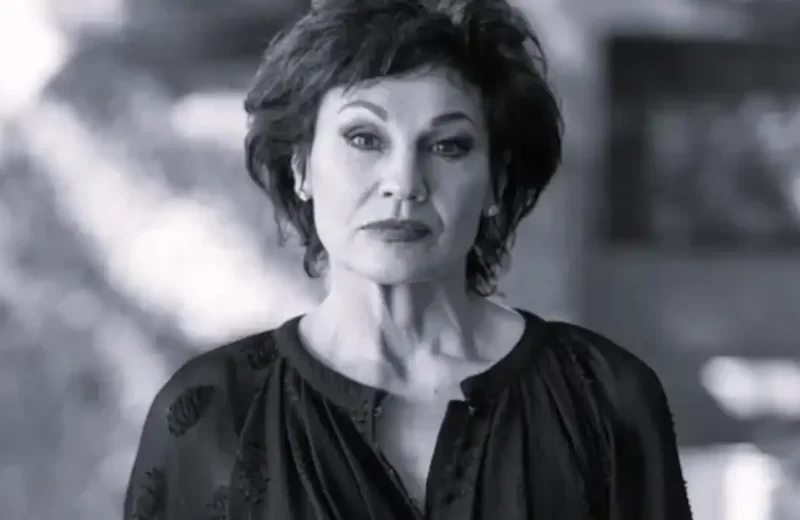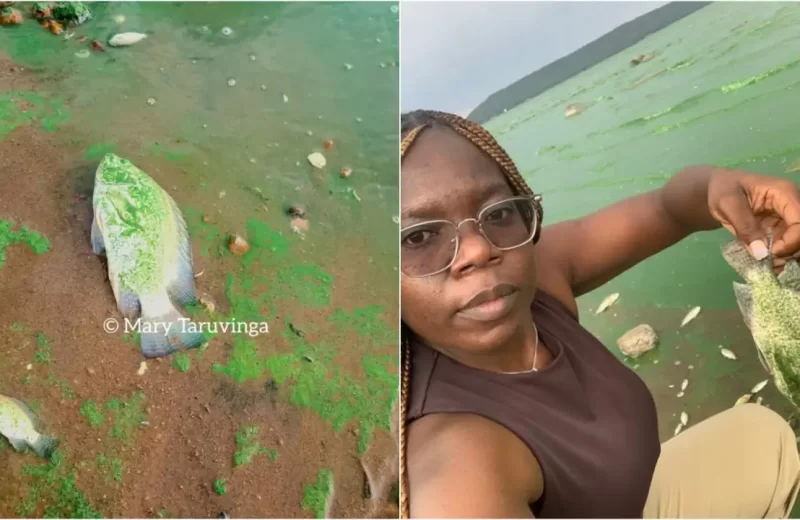Zimbabwean startup Cloomi is a digital health platform that empowers patients to check availability and compare prices from nearby healthcare providers via an intelligent WhatsApp chatbot.
Launched in 2023, Cloomi allows users to interact with its chat app like they would with their WhatsApp friends, starting the conversation and following the chatbot’s prompts, supplying the target search location, and the medication or service they’re looking for.
The platform now boasts over 230 pharmacies, more than 20 medical laboratories and diagnostic imaging centres, and a searchable database of over 700 registered healthcare practitioners across Zimbabwe.
“We have made over 10,000 successful matches since launch, with users receiving responses within minutes during the day on regular working days,” said Blessing Museki, founder of Cloomi.
Museki launched Cloomi when he noticed that, in markets like Zimbabwe, where D2C advertising for medical products and services is banned or restricted, nailing down availability and price is very difficult.
“It’s a choice between walking from provider to provider, calling, emailing or WhatsApp-ing each provider, one by one. There was no platform that enabled a patient to directly connect with many providers quickly and simply,” he said.
With a single button-tap enough to respond to user inquiries, Cloomi provides providers the same value in terms of speed, and simplicity.
“The autonomous nature of Cloomi means it is faster and more scalable than competitors, by an order of magnitude. In addition, Cloomi users love our unique 24-hour shot clock, which gives them certainty about when they could expect to hear from providers. In the healthcare business, time is more often the difference between life and death, sometimes literally,” said Museki.
Self-funded at the moment, Cloomi is looking to raise a seed round soon, with Museki saying he’s in early conversation with some accelerators whose programmes come with small equity funding.
“Uptake has been phenomenal,” he said. “After launching in Harare in January, by February we were in Bulawayo, the second largest city, and we went countrywide in March, with 175 pharmacies countrywide. That same month we introduced medical laboratories, and a searchable database with over 700 registered practitioners. By the end of June we had added diagnostic imaging centres, and we had made over 10,000 successful matches across all categories since going nationwide. During the day on a regular working day users typically receive responses within minutes of sending a request, which shows an incredible level of participation by our providers.”
<p>The post How Zimbabwe’s Cloomi uses WhatsApp to improve health outcomes first appeared on Dandaro Online.</p>








 Zim Instantly via Simplex Solutions
Zim Instantly via Simplex Solutions